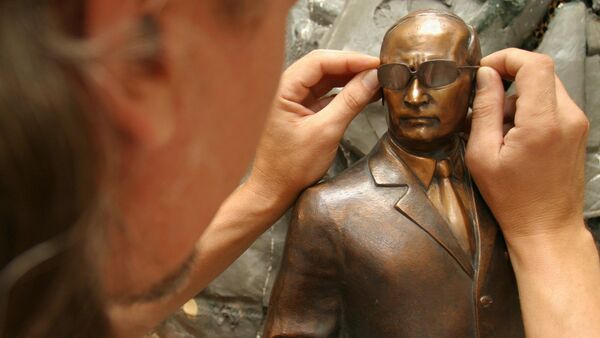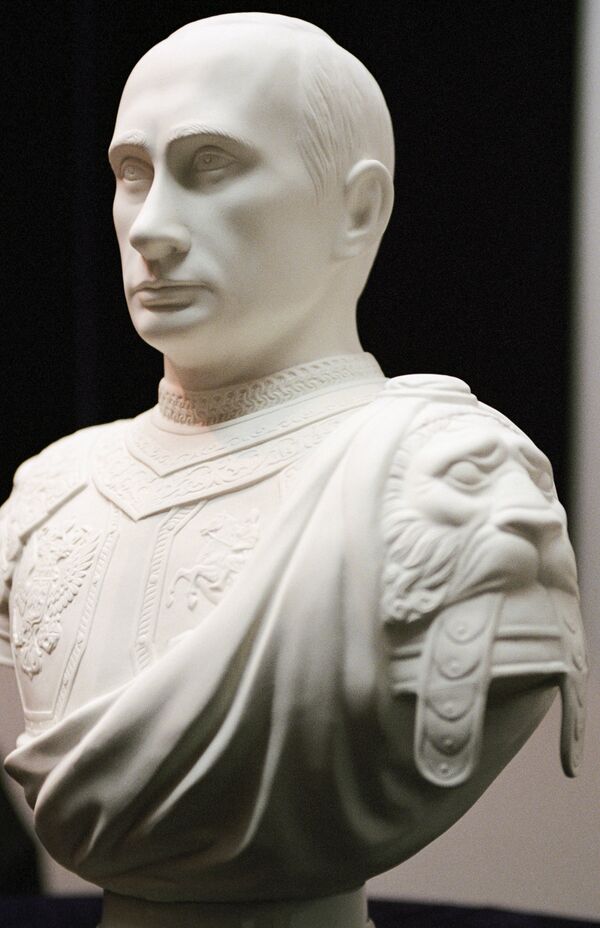“Vladimir Putin, it seems, is impervious to the woes that afflict normal leaders,” laments The Economist.
Even a recession, falling real wages and rampant inflation have barely dented his ratings, adds the London-based weekly newspaper.
“To some Russian liberals and Western observers, they are evidence that something is wrong with the polling,” it suggests, “but the independent Levada Centre records approval levels [are] similar to those of state pollsters.”
Meanwhile, the November polling results of the Center show that the President’s approval rating sits firmly at 85 percent, steadily going up since its lowest levels in 2013.
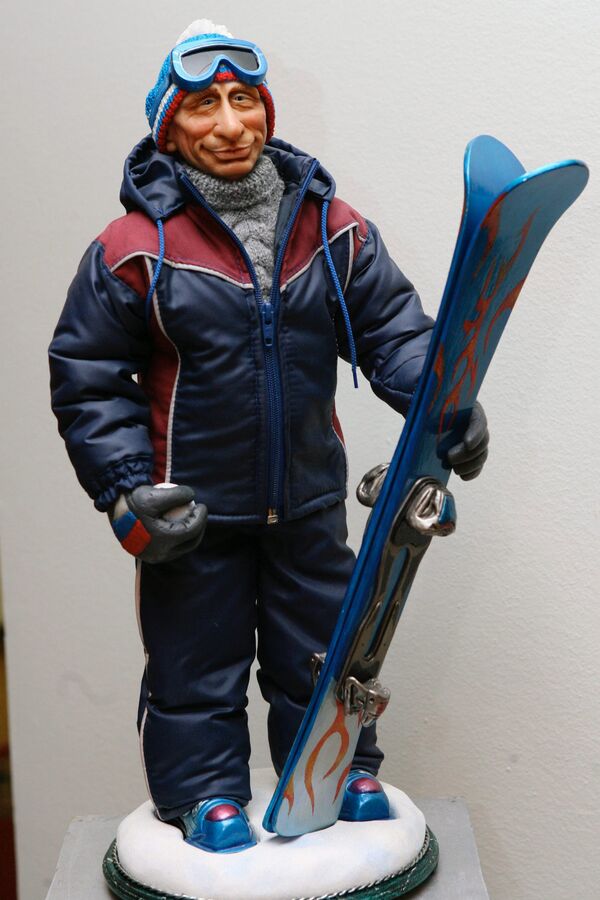
This opinion is echoed by Israeli newspaper Haaretz, which however notes that “Putin’s surprising fan club extends far beyond Russia.”
Though taken aback by the variety of forms in which the Russians express their affection to their President, be it a life-sized chocolate image or a perfume named in his honor, the author nevertheless notes that Putin is gaining “surprise support across the globe.”
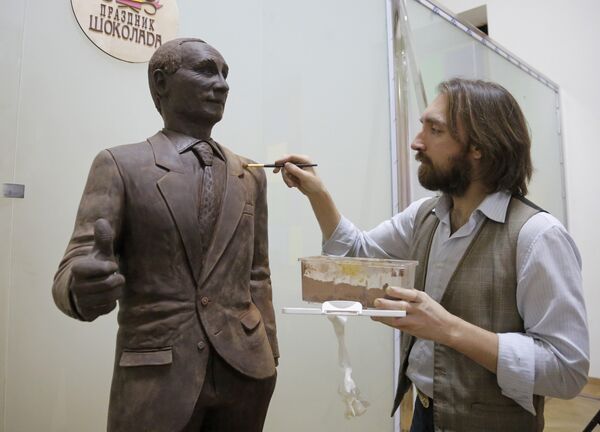
His popularity, the outlet notes, reaches out to Asia, notably in Vietnam and China, and Africa, with Ghana and Nigeria topping the list.
With regards to the US, even though the confidence of Americans in Putin was at its highest in 2003 at 41 per cent, even today, one in five Americans still approve of him.
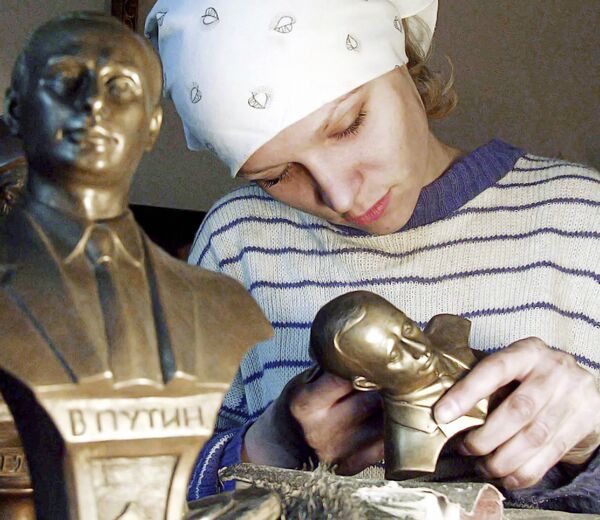
Supporting data is proved by a New York Daily News opinion poll conducted at the end of last year, which showed that US citizens liked Vladimir Putin’s speech at the General Assembly session better than Barack Obama’s speech. Ninety-six percent voted for the Russian president with only 4 percent coming out in favor of their own president.
In Israel, Haaretz says, that approval number jumps to one in four Israelis, while just over 30 percent of Palestinians back him. In Western Europe, Putin’s approval rating hovers between a low of 18 percent and the relatively higher figures of 27 percent in Germany and 30 percent in France.
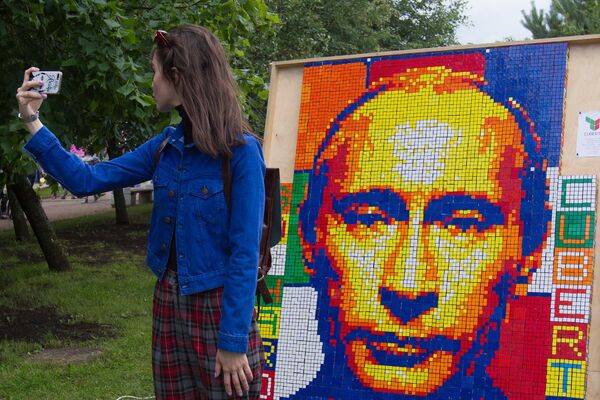
The newspaper suggests that it might be due to “increasing internal dissatisfaction with governments in the West and Putin’s snap military intervention in Syria, in contrast to perceived Western passivity.”
“If the 63-year-old Russian president’s fan club seems to comprise a motley crew, that should come as no surprise,” the outlet quotes Dr. Andrew Foxall, the director of the Russia Studies Centre at the London-based Henry Jackson Society as explaining. “Putin’s world is open to all who wish to belong.”

